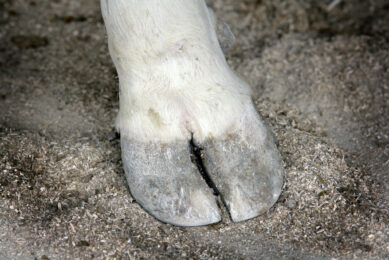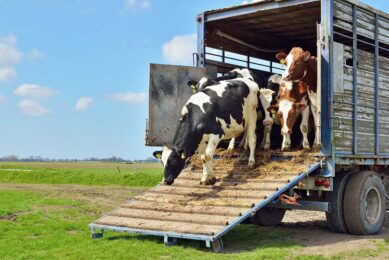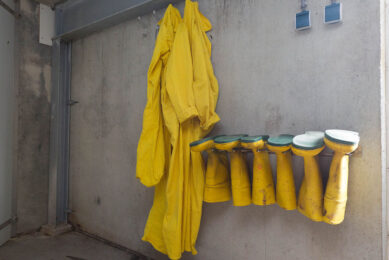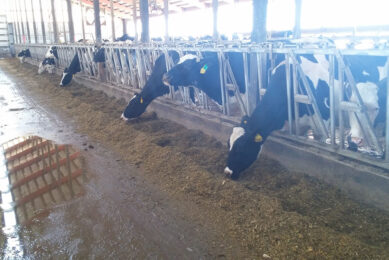NZ: Mycoplasma compensation over 50m dollars
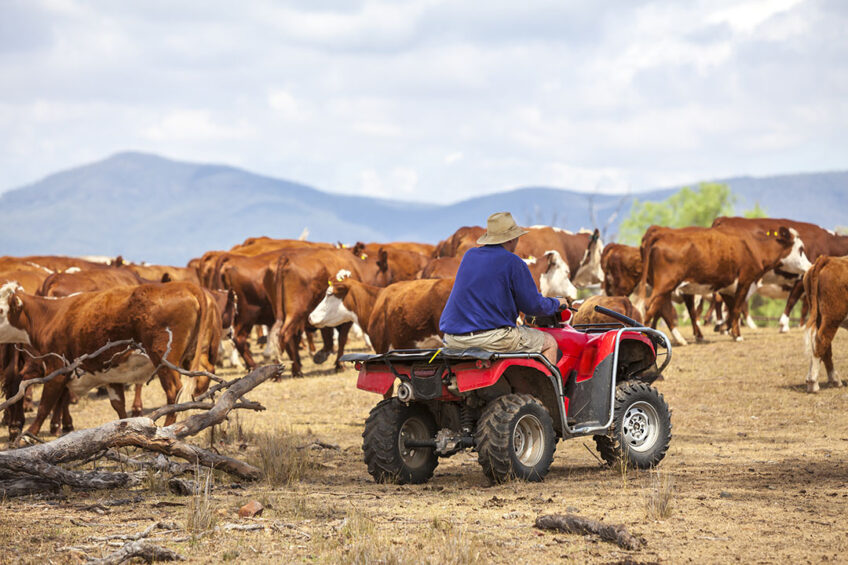
As of this week, the New Zealand government has paid more than NZ$?50 million in compensation to farmers affected by M. bovis.
Nationally, the number of ‘active’ infected properties at 15 March 2019 is 33, of which 16 are dairy farms and 17 beef farms. Most of the infected properties are located in Canterbury (18).
All active infected properties are under quarantine controls. These controls restrict the movement of stock and equipment on and off those farms to contain the disease. Active infected properties have yet to be depopulated, cleaned, and have their restrictions lifted.
Over 50 million in compensation
Compensation may be paid to people who have incurred a verifiable loss as a result of directions they are given by MPI under the Biosecurity Act to manage Mycoplasma bovis. Farmers that are directed to have animals culled, or their farm operations restricted under movement controls, may be eligible for compensation. So far, the government has received 810 claims from farmers, of which 504 claims have been completed (or with part payments). In total, NZ$ 50.3 million (approx. € 30.3 million) have been paid already to compensate farmers for the losses. Since the outbreaks, 86,858 animals have been culled already to gain control over the disease.
What is Mycoplasma bovis?
Mycoplasma bovis is a bacterium that can cause a range of serious conditions in cattle – including mastitis that doesn’t respond to treatment, pneumonia, arthritis, and late-term abortions. The disease may be dormant in an animal – causing no symptoms at all. But in times of stress (for example, calving, drying-off, transporting, or being exposed to extreme weather), the animal may shed bacteria in milk and nasal secretions. As a result, other animals may be infected and become ill or carriers themselves. This is the first time it has been found in New Zealand. The bacteria is an Unwanted Organism under the Biosecurity Act 1993. Mycoplasma bovis is not a food safety risk. It is a disease that affects animal welfare and production. It affects only cattle, including dairy cows and beef cattle. It is common in many food-producing nations where infected animals that aren’t showing symptoms are processed for human consumption.
Join 13,000+ subscribers
Subscribe to our newsletter to stay updated about all the need-to-know content in the dairy sector, two times a week.



